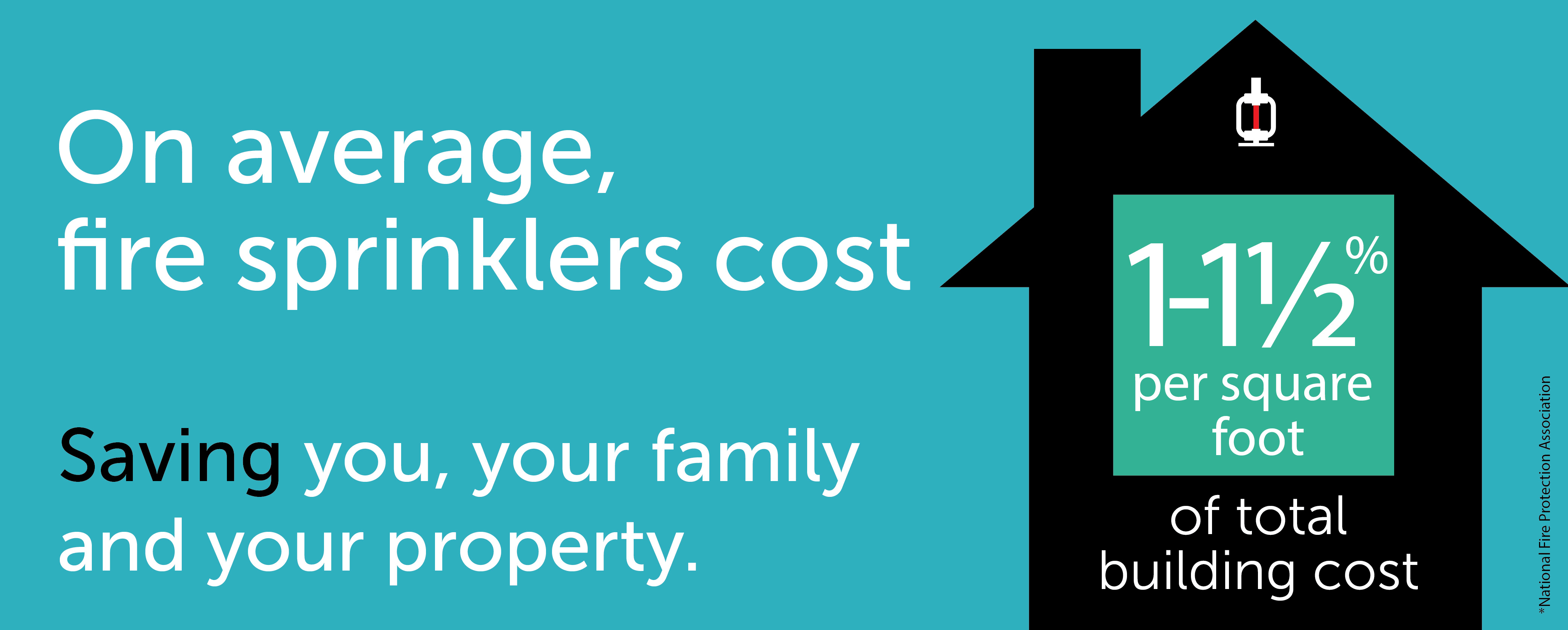Frequently Asked Questions

If your home builder is not familiar with contractors that install residential fire sprinklers, you still have several options.
Most contractors have Web pages describing their capabilities. You can also look in your local Yellow Pages under “Sprinklers, Fire Protection”
Ask your local fire officials if contractors in your area are required to be licensed.
Contact the Canadian Automatic Sprinkler Association (CASA) for names of residential sprinkler contractors in your area.
Any professional fire sprinkler contractor can install sprinklers, but for best results look for a contractor that specializes in residential fire sprinklers or one that has a residential sprinkler installation unit within the company.
What should I do if my home builder or architect has questions or says I don’t need fire sprinklers?
Most fire chiefs around the country will recommend fire sprinklers, as they have witnessed first hand their benefit to life and property safety. Some, but not all architects and builders are educated, at least partially, about residential fire sprinklers. If your builder and architect are not familiar with these systems,
For more information contact these organizations:
Canadian Automatic Sprinkler Associaton
National Fire Protection Association
And, if your builder or architect tries to discourage you from finding out more about your possibilities, you can obtain information by contacting your local fire chief.
If installed during new home construction, home fire sprinklers cost 1%-2% of the total value of the home.
Again, fire sprinkler installations are like electricity, plumbing or any other operational system in your home. The total time involved will depend on the size and complexity of your home.
Certain portions of the installation (i.e. water piping) are more easily and cost-effectively installed in the earliest stages of construction, while the actual finish (i.e. installing the fire sprinkler devices, testing, etc.) will take place after the house is framed. Fire sprinklers are often completed prior to the other systems in your home, but other mechanical trades may work alongside the sprinkler contractor if necessary.
Residential fire sprinklers are basically maintenance free. The only testing required on a regular basis is opening the drain/test valve to check the alarm operation. Fire sprinklers are designed to operate properly for 20 years or more without any maintenance.
Some basic precautions to safeguard your fire sprinklers are:
Avoid painting or otherwise covering the fire sprinkler devices, as that will affect their sensitivity to heat.
Do not hang decorations, plants or other objects from the sprinkler or piping.
More information is available in our Living with Sprinklers™ section of this website.
Homes can be protected by automatic fire sprinklers in even the most remote areas. Several manufacturers offer self-contained water tanks to supply residential fire sprinklers. These tanks are designed to fit in your basement, garage or another storage area of the home, and they hold enough water to comply with the National Fire Protection Association Standard 13D, Standard for the Installation of Sprinkler Systems in One- and Two-Family Dwellings and Manufactured Homes.
No. Generally insurance rates will go down because fire sprinklers will keep damage low. Shop around; the savings vary by insurance company. For more information visit the Insurance section.
All homes can be retrofit.
